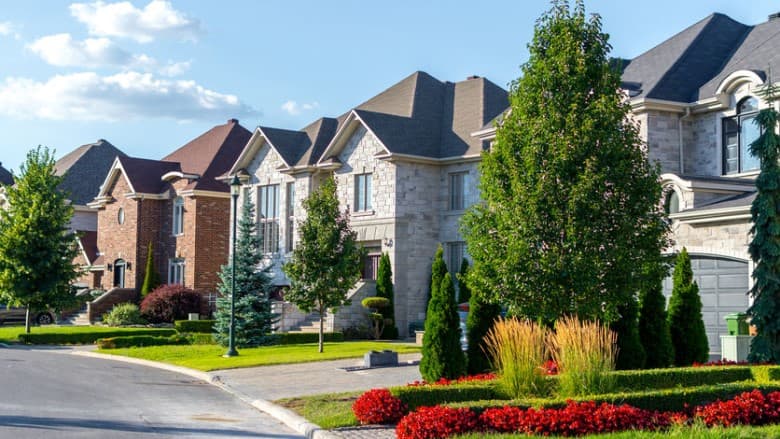Overseas property investments have become the talk of town in recent months. As overseas properties are relatively affordable compared to Hong Kong, for those planning to move to or invest overseas, this may come across as an extra bonus. However, the price of the property should not be the only deciding factor when making an investment decision. Buying an overseas property is not too different from “buying a pig in a poke”, but it is a much more complex process. If a problem arises during the process, it may be very difficult to resolve and you could end up with significant financial losses. We have seen many cases in which overseas property developers have gone missing or abandoned projects.
It is also common for overseas property advertisements to feature highly favourable rates of return, but in fact, the actual return levels are subject to local taxes, exchange rates or other fees. Be mindful of these advertisements and do not take them at face value.
If you are planning on buying a property overseas, here are six questions you should ask before making a decision. Before signing any contracts, make sure you understand all the terms and conditions, know your rights and responsibilities well.
1. Are the procedures and regulations similar to Hong Kong’s?

Every market has its own rules and regulations. The procedures and regulations for overseas property investments are different from those in Hong Kong and may change from time to time. Spend some time to understand the preferred property market, laws and regulations, and seek independent legal advice if necessary to protect your interests.
2. What are the applicable taxes?
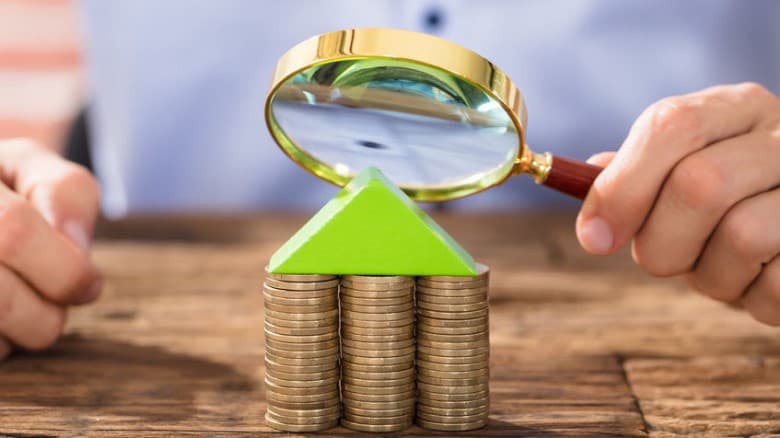
Taxation system varies from country to country. Apart from property tax and stamp duty, some countries may also impose a capital gains tax on properties. Non-local residents may also be charged property levies or rental income taxes. Since taxes and duties will affect the actual return of a property, do consult a local accountant for professional advice.
3. Will investment gains be affected by exchange rates?
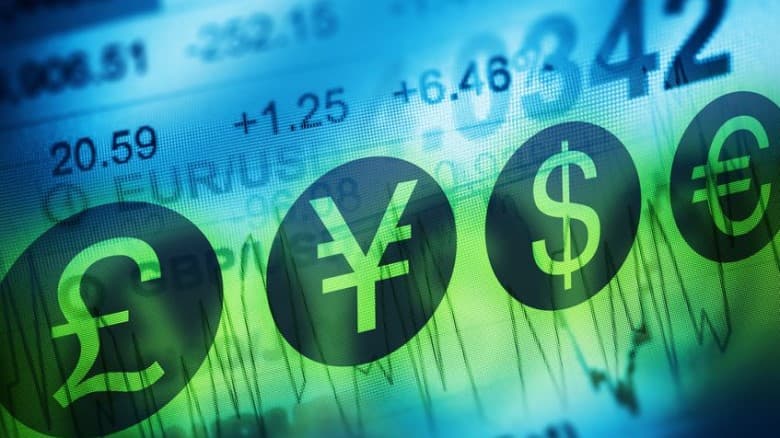
As incomes or gains from property rentals or sales are calculated in the local currency, any movements in its exchange rate against Hong Kong dollar will change the cost and return of your investment. Exchange rates do fluctuate, and when the local currency depreciates, so will your return.
4. What transaction fees should I anticipate?
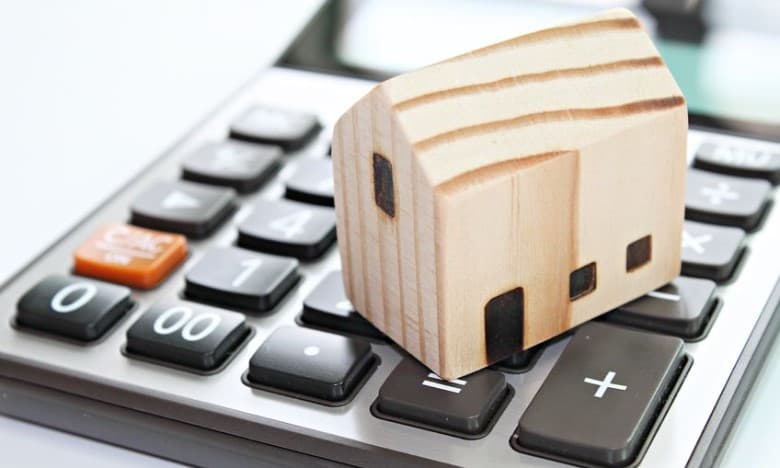
Other than the cost of the property, there are other fees to be covered: legal fee, service fee and stamp duty, et cetera. Additional expenses, such as commission and cleaning fee, may apply to a rental property. You should pay attention to hidden fees also, especially for a rental property; since the actual rate of return may be less than expected after covering all of the costs.
5. Is the developer credible?
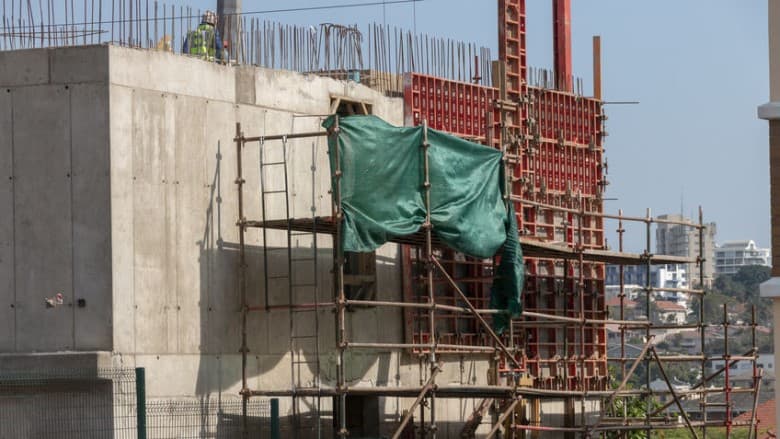
If you are buying a property that is under construction, you may be exposed to more risks. For instance, the project could run into different problems, and you are not able to visit the site regularly. Therefore, always choose a reputable property developer with a sizable operation and strong balance sheets to minimize the risks of default or poor quality of the property.
6. How to apply for a mortgage?
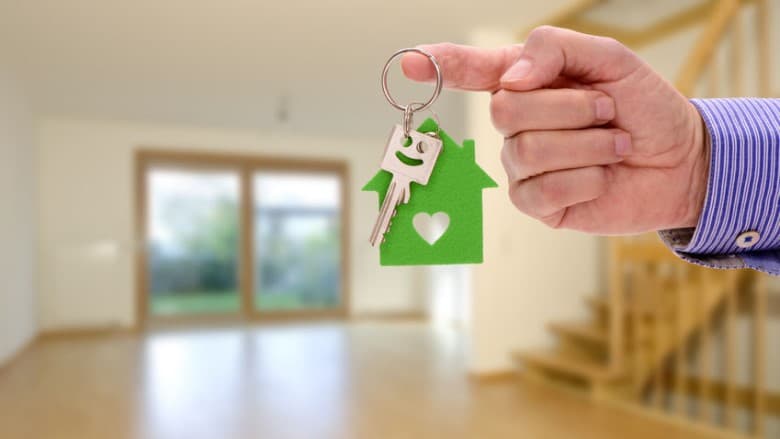
If you need to take out a loan for the property, you may apply for a mortgage from a bank in Hong Kong or locally. Regardless of the location of your bank, it is important to understand the features of the mortgage proposal and compare the loan-to-value ratios, interest rates, repayment periods, and currencies offered. You should also note that local banks may have higher mortgage application requirements for foreigners, such as proof of occupation/income, or offer a higher loan-to-value ratio or interest rate.




